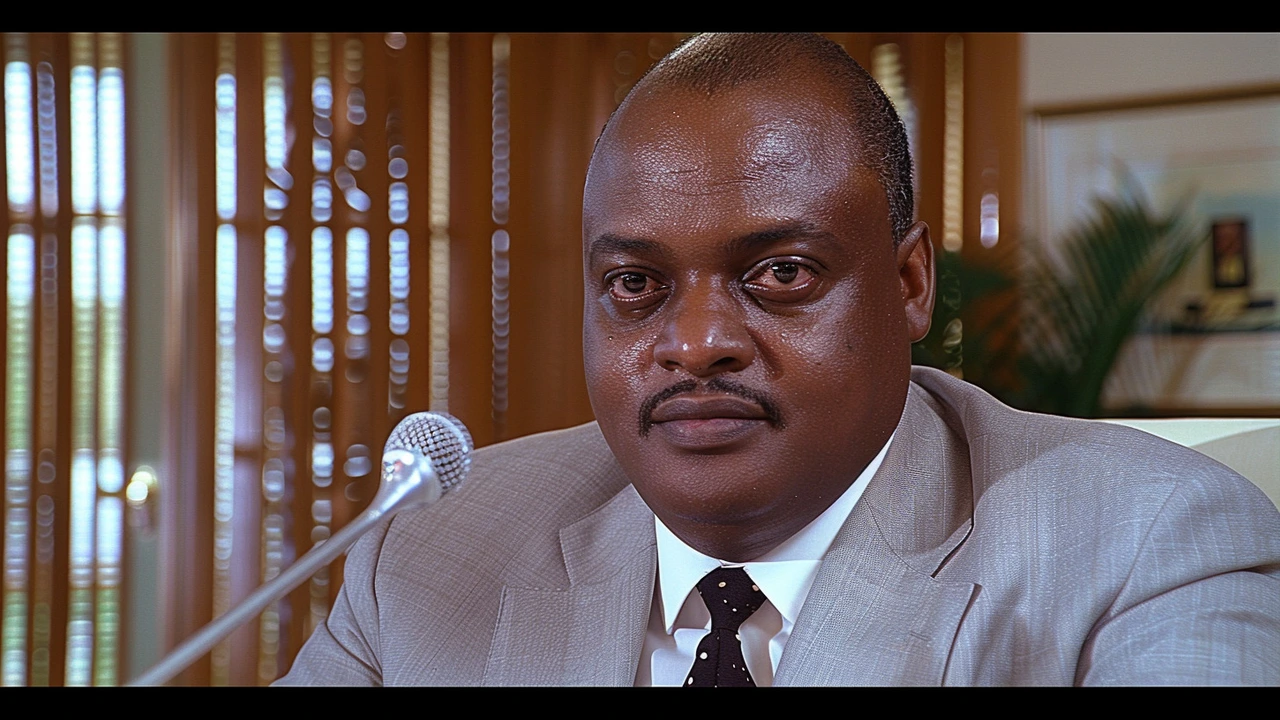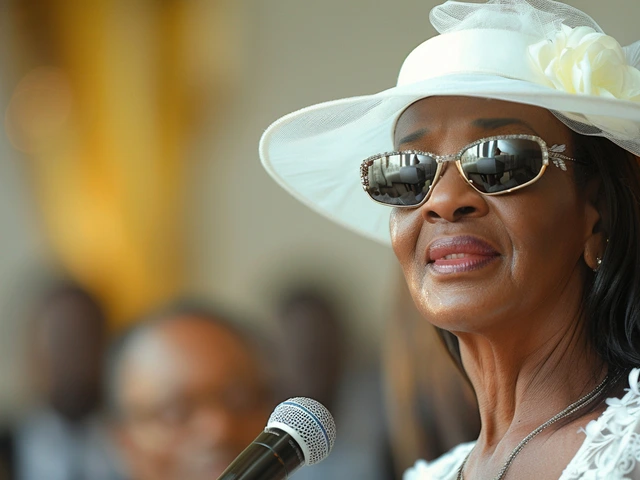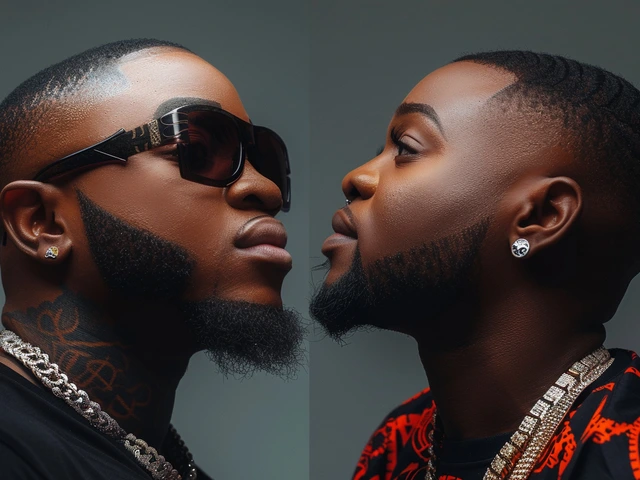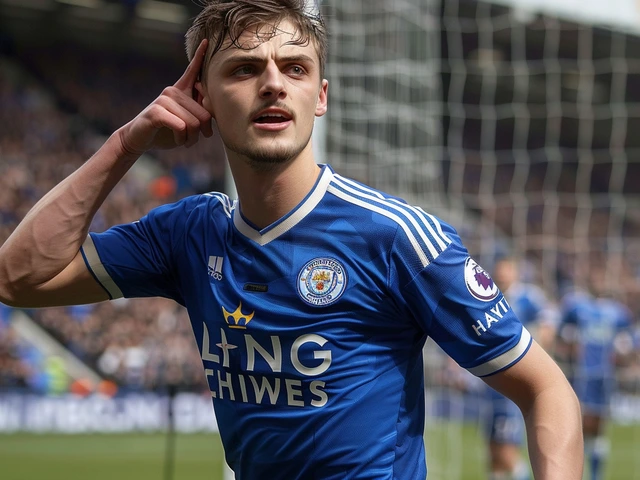Ibrahim Lamorde: Key Insights and Latest Updates
Wondering who Ibrahim Lamorde is and why his name keeps popping up in the news? He’s a prominent figure, often linked with efforts to fight corruption and strengthen governance in Africa. Whether you’re tracking his political moves or his impact on anti-corruption, we’ve got you covered with fresh and reliable updates on his activities.
For those new to this topic, Ibrahim Lamorde is well-known for his leadership roles, including heading anti-corruption agencies. His approach often sparks debate because it directly challenges entrenched interests. This makes his career interesting to follow as it influences the wider political landscape.
What Has Ibrahim Lamorde Been Up To Lately?
Recent news articles show him involved in initiatives that promote transparency and accountability. We track these stories carefully so you can see how his efforts are shaping policies and public attitudes. It’s insightful to watch how his actions ripple through different sectors and regions across Africa.
He’s also linked with various investigations and reforms that aim to root out financial wrongdoing. These moves are significant because they affect everyday citizens and national development. So, following his work gives a clear window into ongoing battles against corruption and governance challenges.
Why Should You Care?
Ibrahim Lamorde’s work isn’t just about one man; it reflects broader struggles for better leadership and ethical standards in African countries. Understanding his role helps explain many current events that impact politics and economic growth. Plus, staying informed equips you to join conversations about reducing corruption and promoting justice.
Here at Tharagay African News, we bring you carefully selected articles and analysis related to Lamorde and similar topics, so you don’t miss a beat. Check back often for the latest updates and deep dives that connect the dots on this important figure in Africa’s political scene.

Former EFCC Chairman Ibrahim Lamorde Passes Away at 61
Ibrahim Lamorde, ex-chairman of Nigeria's anti-corruption agency EFCC, has died at the age of 61 while receiving medical treatment in Egypt. Lamorde, who joined the Nigerian Police in 1986, rose to Deputy Inspector General of Police and led the EFCC from 2011 to 2015.
Categories
- Sports (146)
- Politics (22)
- Entertainment (20)
- World (15)
- News (10)
- Lifestyle (8)
- Business (6)
- Technology (3)
- Health (3)
- Environment (2)



